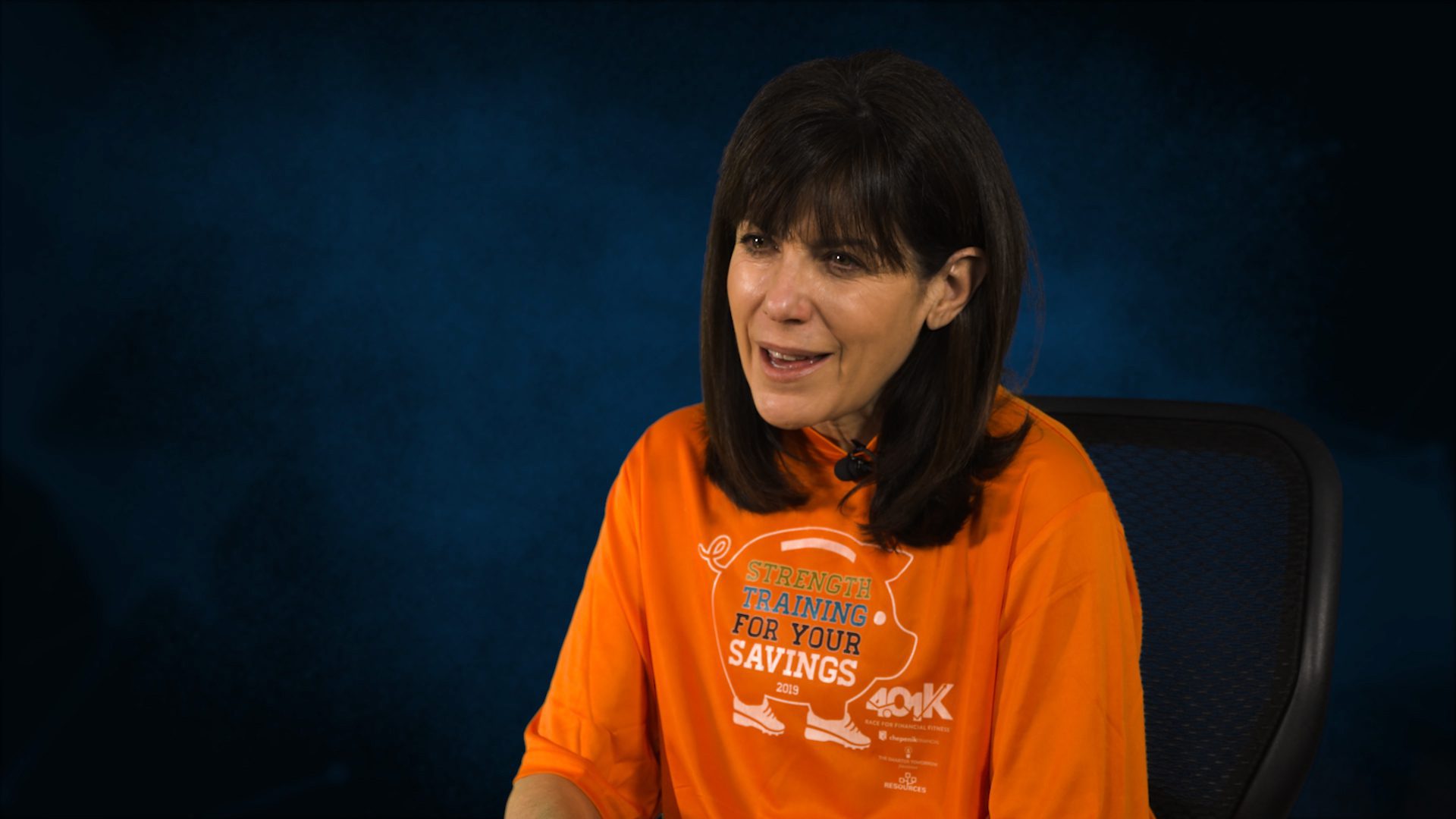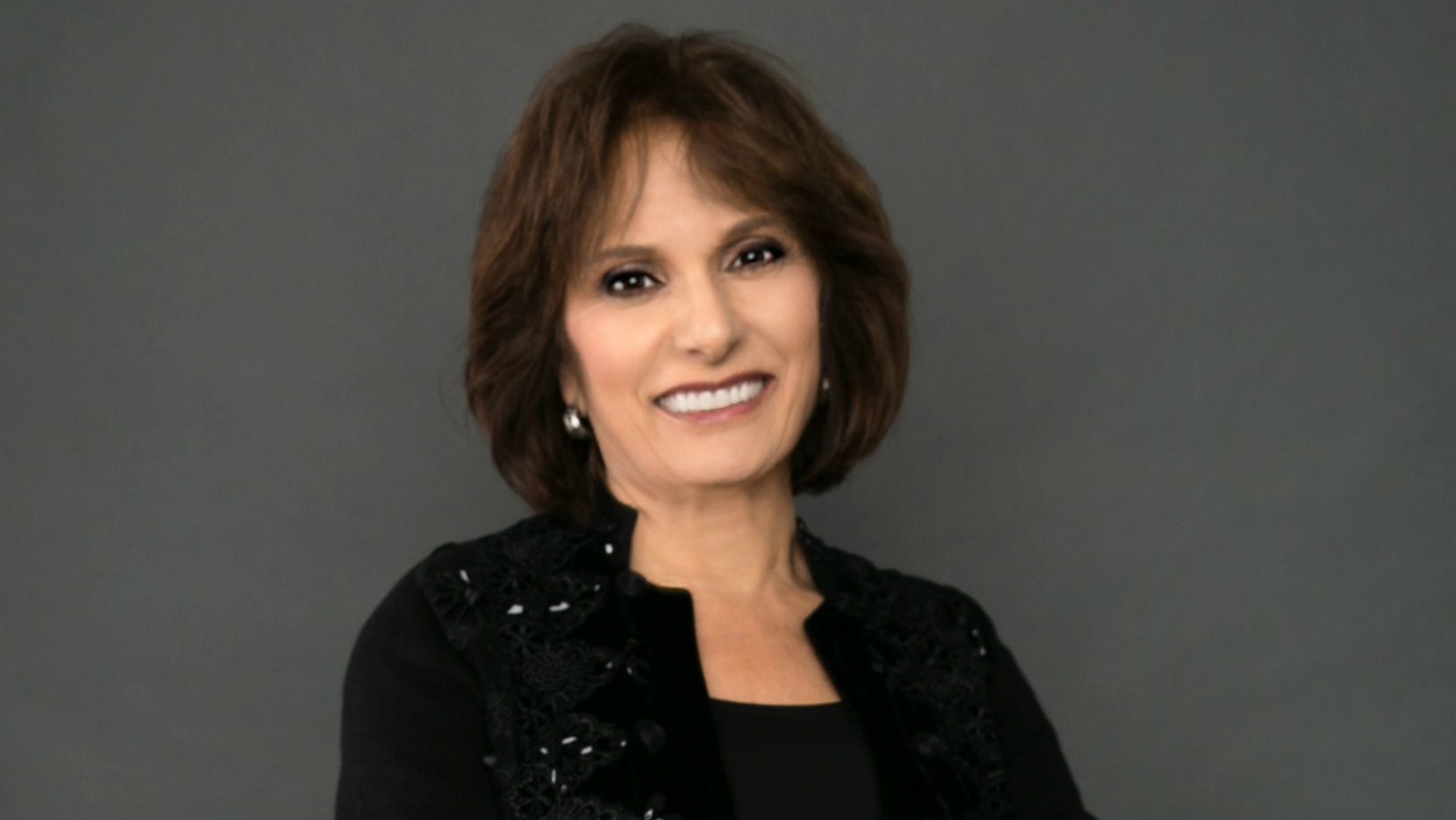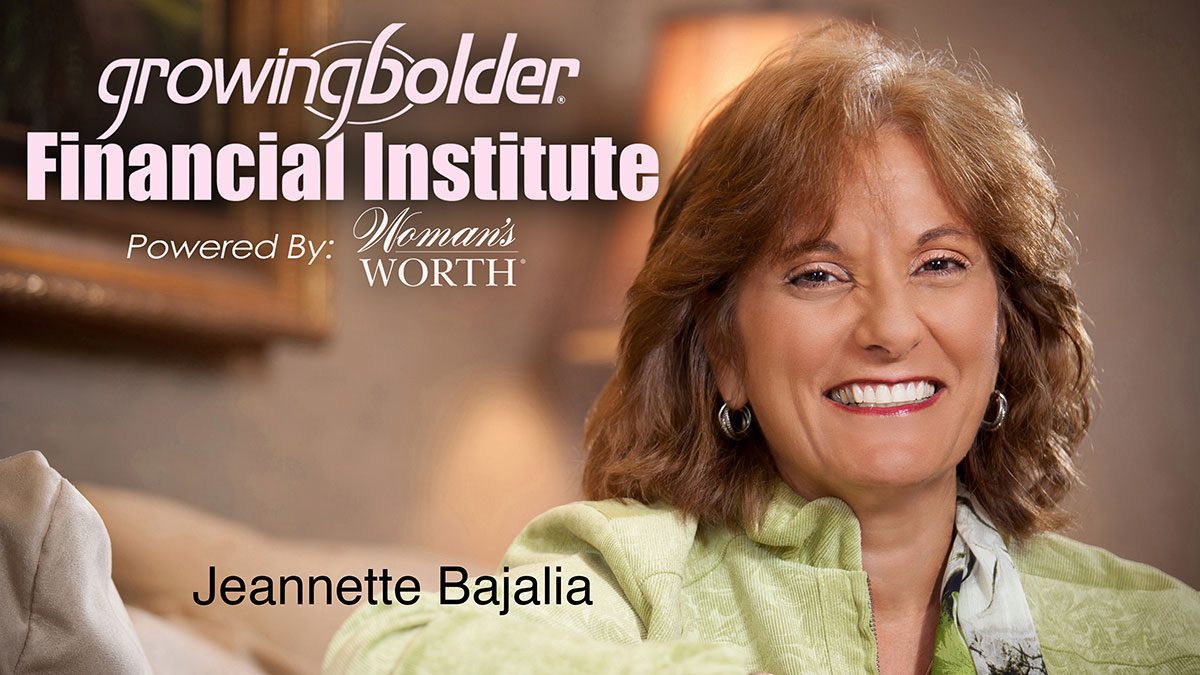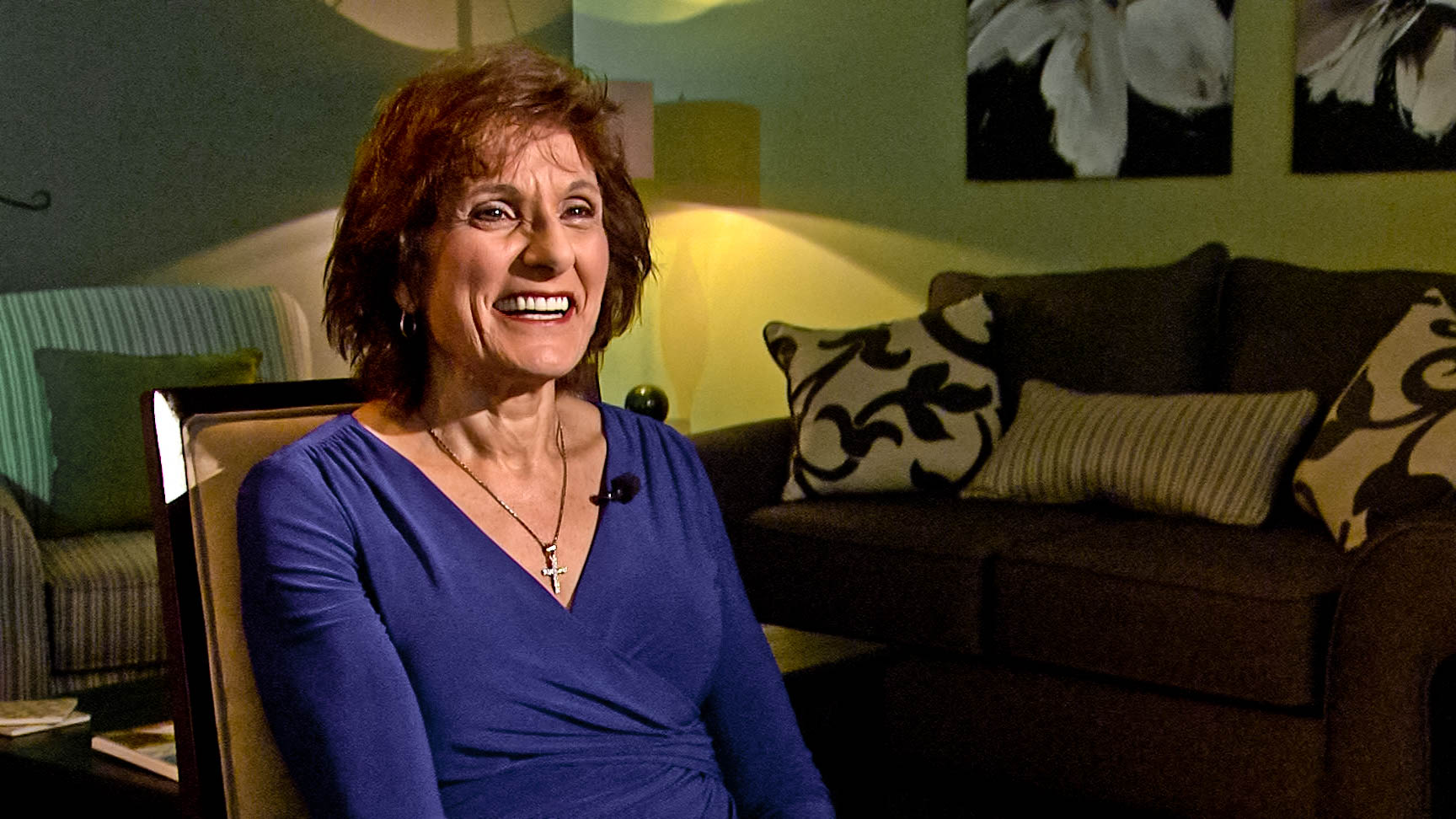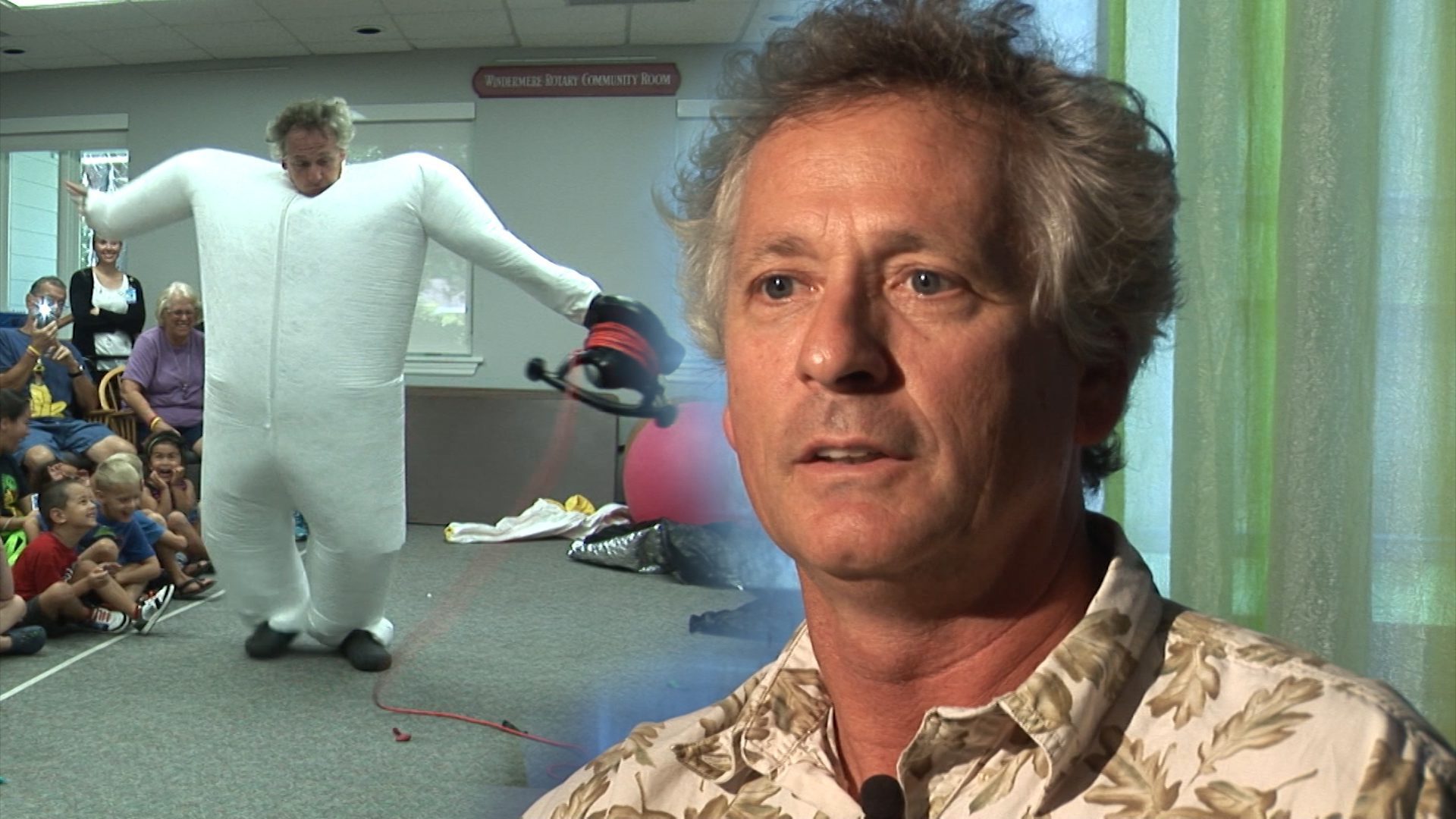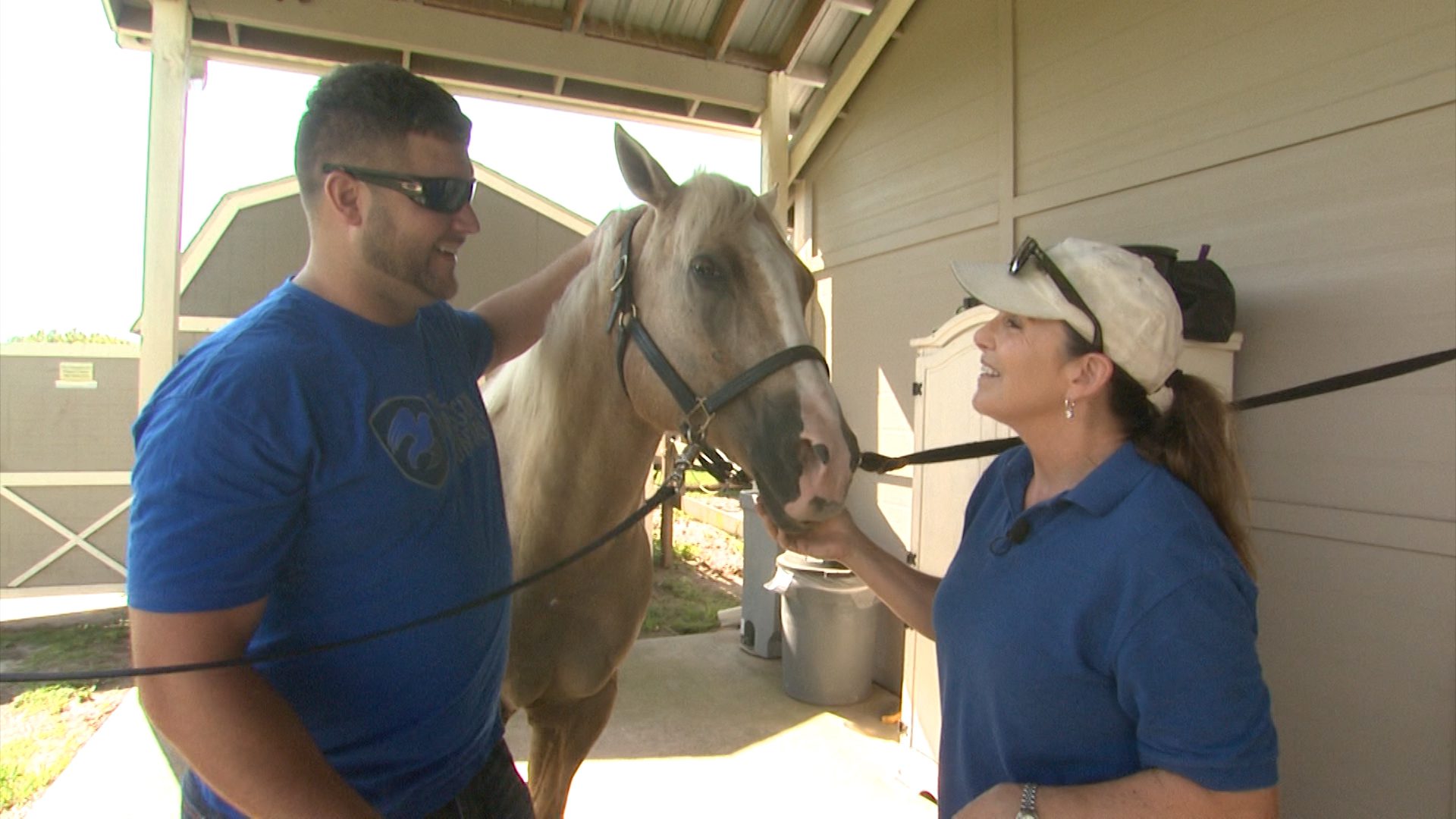Last Updated on December 12, 2022
If you do not have an estate plan in place, you are not alone. According to an online survey conducted by Caring.com in December 2021, in which more than 2,600 people ages 18 and older nationwide participated, 67% of Americans indicated that they have no estate plan.
People put off doing their estate planning for multiple reasons, including cost. Most notably, they want to avoid having to confront their own mortality and address certain challenging family dynamics, including blended family considerations, children with special needs or substance abuse issues, and elderly parents requiring critical long-term care.
However, the complex considerations that often hinder folks from developing an estate plan make advance planning that much more critical. Further, the notion that only the wealthy need an estate plan is a common misconception. Estate planning is important for everyone, regardless of your level of wealth, because it serves multiple purposes.
A key purpose of estate planning is to transfer wealth at death. This can be accomplished by establishing a will and, where appropriate, a trust agreement. Assets can also be transferred by title, contract, and the use of other will substitutes, such as payable/transfer on death beneficiary designations. In my next article, I will discuss each of these planning tools in detail and explain the pitfalls that can result when you fail to plan, including your state’s laws dictating the distribution of your assets at your death.
Planning for lifetime incapacity is a second crucial purpose of estate planning. Cognitive decline due to Alzheimer’s or dementia or an accident causing a comatose state can render you unable to make financial and medical decisions for yourself. Advance medical directives and a durable power of attorney enable you to direct who will be entrusted with handling your health and finances in a manner that is inexpensive, private and flexible.
In the absence of such documents, a legal proceeding may need to be initiated where the court appoints a guardian to supervise your care and to protect, invest and disburse your assets. A guardian must gain court approval for all expenditures and many decisions regarding your care. Therefore, guardianship is cumbersome, intrusive and quite expensive.
Advance medical directives typically include a designation of health care surrogate, living will and organ donor card. A designation of health care surrogate outlines who will make your health care decisions if you are incapacitated. The living will provides that if your physicians have determined you are terminal, in a persistent vegetative state or end-stage condition with no reasonable degree of medical probability that you will recover, life-prolonging procedures shall be withheld or withdrawn if they are merely going to artificially prolong the process of dying. An organ donor card permits you to state your wishes regarding organ donation and donating your body to science.
In a durable power of attorney, you designate an agent or attorney-in- fact who will manage your financial affairs for you. Many states permit a springing power of attorney that only becomes effective upon a determination of your incapacity. In other states, the durable power of attorney is immediately effective upon your signing it. Therefore, it is critical that you name someone you can trust wholeheartedly to serve as your agent. You can grant powers as broad or as narrow as you wish under the durable power of attorney, including paying your bills, buying and selling real estate, filing your income tax returns, and executing contracts on your behalf. A durable power of attorney is preferred over a general power of attorney because it remains in effect upon your incapacity, which is arguably when it is needed the most, and terminates upon your death. A general power of attorney terminates upon your incapacity or death.
Although the estate planning process can be daunting at first, please remember you have the power to plan, and by doing so, you will achieve peace of mind, which is invaluable.
Vanessa J. Skinner is a shareholder with the firm of Winderweedle, Haines, Ward & Woodman, P.A., where she chairs the firm’s Wills, Trusts & Estates Department. She was recently named one of the Best Lawyers in America in the area of Elder Law for the third consecutive year. She is the host of The Power of Planning Podcast, anchor.fm/thepowerofplanning.
This article is featured in the December 2022 issue of The Growing Bolder Digital Digest.




